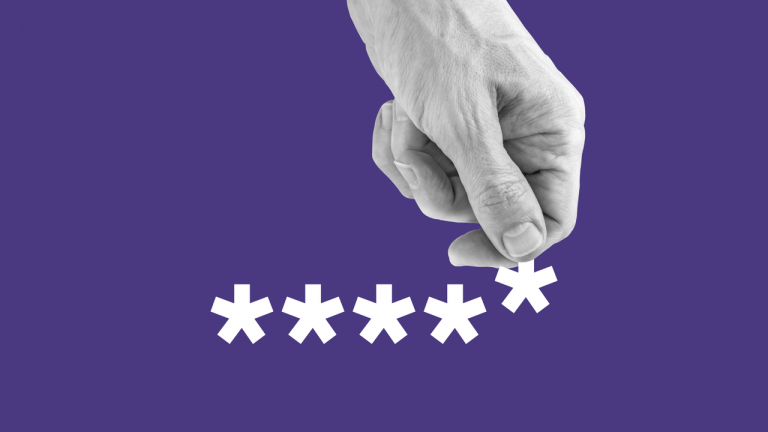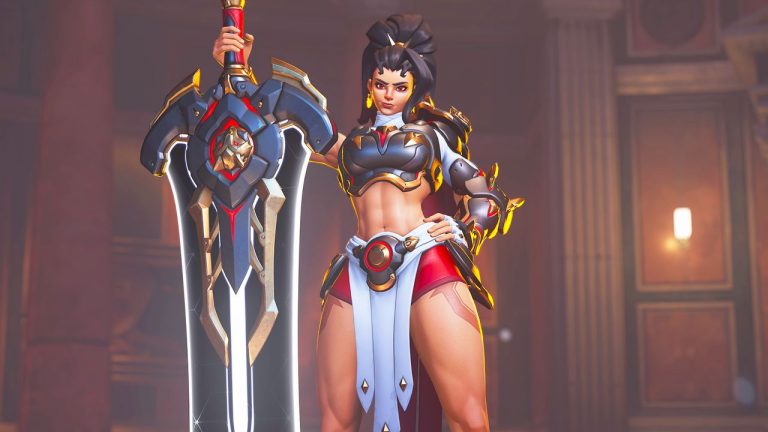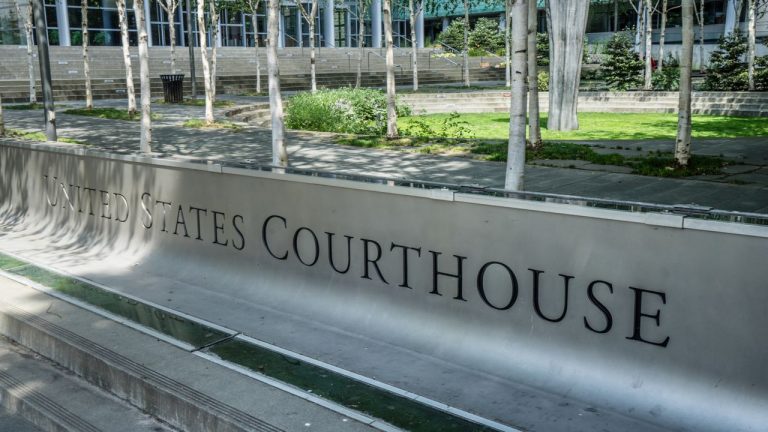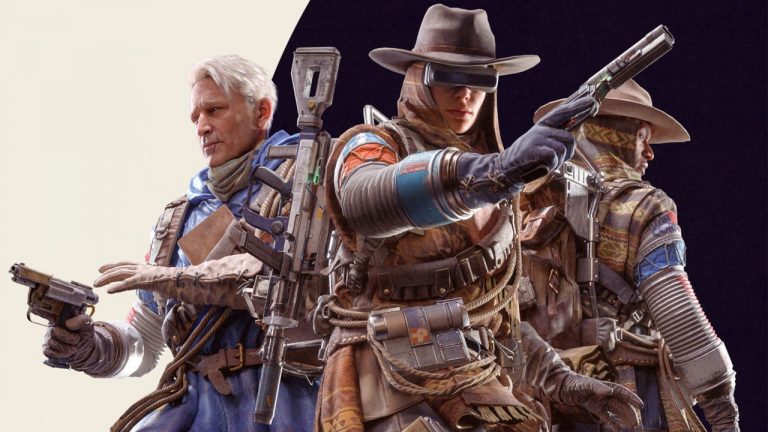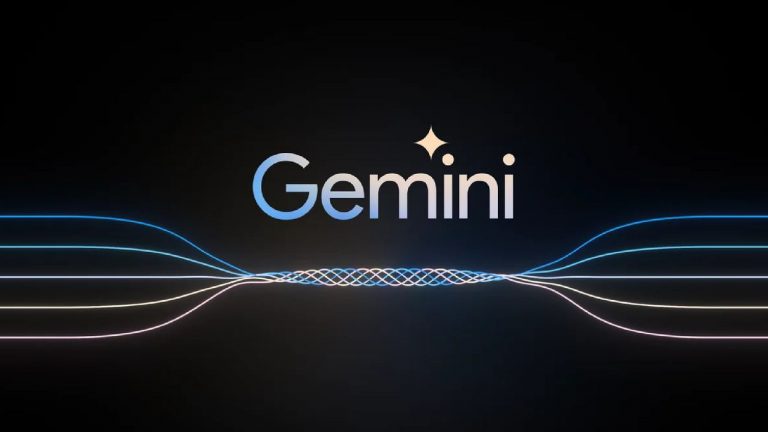A US appeals court has ruled that the Federal Communications Commission does not have the authority to bring back net neutrality regulations, and has thus set aside the “Safeguarding Order” that would have restored them.
In its ruling, the US Court of Appeals for the Sixth Circuit declared that “broadband internet service providers offer only an ‘information service'” as defined under current US law, “and therefore, the FCC lacks the statutory authority to impose its desired net-neutrality policies through the ‘telecommunications service’ provision of the Communications Act.”
The act also does not permit the FCC to classify mobile broadband as a “commercial mobile service,” which would have granted it the ability to impose net neutrality regulations on those services. “We therefore grant the petitions for review and set aside the FCC’s Safeguarding Order.”
Simply put, net neutrality requires that all traffic be treated equally: It forbids internet providers from, for instance, throttling traffic from competing services or prioritizing their own. As one hypothetical example, PC Gamer’s Wes Fenlon said earlier this year that Comcast, which owns NBC Universal, could prioritize traffic to the Peacock streaming service while degrading the quality of Netflix—not something that’s happened, to be clear, but in our current era of rampant corporate consolidation, not something beyond imagination either.
Net neutrality has been at the center of partisan politics in the US for years, but came into full force under new FCC rules introduced in 2015 under the Obama administration. Those rules were rolled back in 2017 by the Trump administration, in an effort spearheaded by then-chairman Ajit Pai; in 2021, current US President Joe Biden signed an executive order calling on the FCC to bring them back again. The FCC voted to do so in 2024.
While the FCC has faced down previous challenges to net neutrality regulations, it was stymied this time by the loss of “Chevron deference,” which was struck down in 2024 by the US Supreme Court. Established by the Supreme Court in 1984, Chevron deference essentially declared that courts should defer to federal agencies when interpreting their rules.
As the BBC noted at the time, overturning Chevron was “a big win for conservatives” because it severely hamstrings the ability of regulatory agencies to make and enforce rules; instead, interpreting the legality of those rules will be left solely in the hands of the courts, and subject to potentially endless barrages of challenges from well-funded special interests.
The Sixth Circuit court specifically cited the absence of Chevron deference in its ruling, declaring that “unlike past challenges that the DC Circuit considered under Chevron, we no longer afford deference to the FCC’s reading of the statute.”
With the court ruling against the FCC’s order, current Chairwoman Jessica Rosenworcel called on Congress to “take up the charge for net neutrality, and put open internet principles in federal law.” Commissioner Anna Gomez echoed that sentiment, saying that in the wake of the ruling, “Congress should act to end this debate and to protect consumers, promote competition and economic leadership, and secure the integrity of our networks.”
Whether that will actually happen is anyone’s guess—the US government’s hands will no doubt be full with other things over the next few years—but it’s a virtual certainty that the FCC won’t pursue the matter further: FCC commissioner Brendan Carr, who served as a legal advisor to Ajit Pai during the dismantling of net neutrality regulations and has been selected by incoming president Donald Trump to replace Rosenworcel as head of the FCC when her term ends later this year, called the ruling “a good win for the country,” and said “the work to unwind the Biden Administration’s regulatory overreach will continue.”




